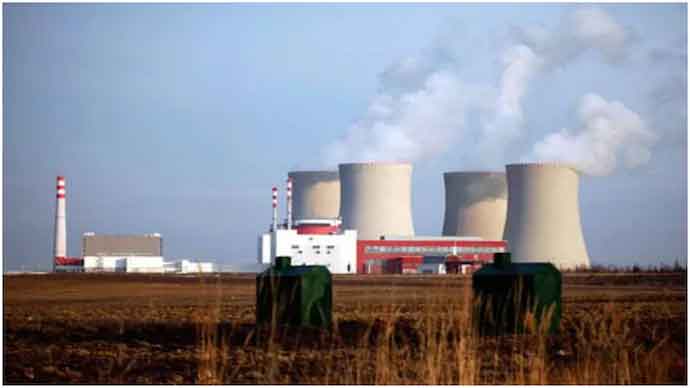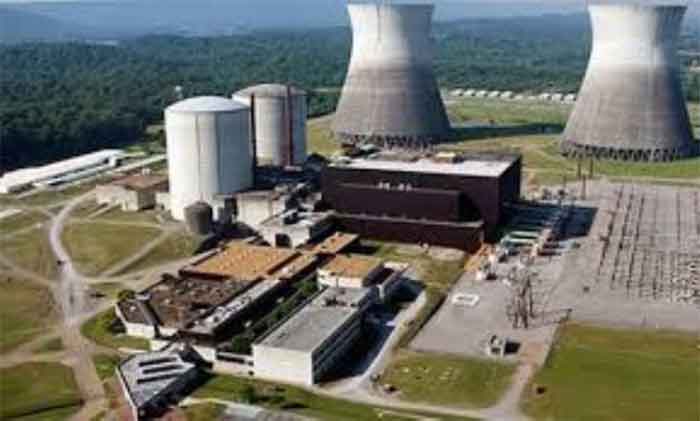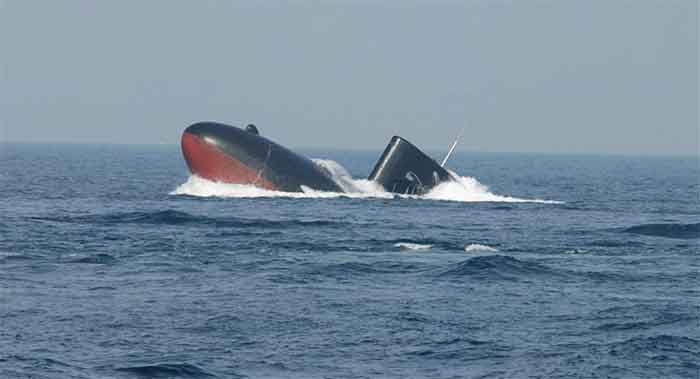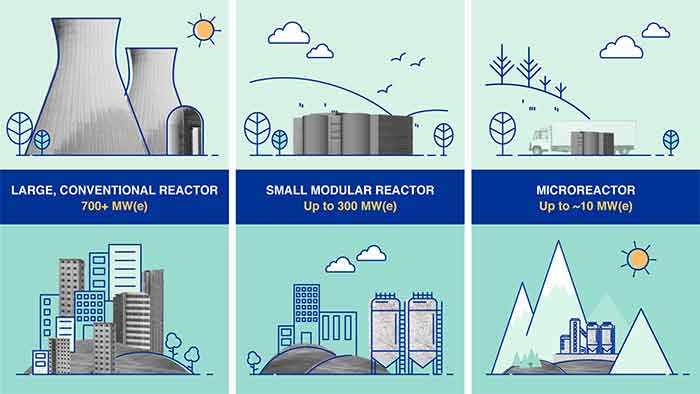
To
Ms Leena Nandan
Secretary
Union Ministry of Environment, Forests & Climate Change (MEFCC)
Dr A K Mohanty
Secretary
Dept of Atomic Energy (DAE)
Govt of India
Dear Ms Nandan and Dr Mohanty,
I refer to my earlier letter dated 1-8-2023 (https://countercurrents.org/2023/08/westinghouses-vogtle-nuclear-power-reactors-huge-time-cost-overruns-likely-implications-for-proposed-kovvada-nuclear-power-project-in-ap/) on delays that can be expected on the part of Westinghouse company (USA) in supplying its six AP1000 reactors for the proposed Kovvada nuclear power project in Srikakulam district of AP.
In the above-cited letter, I pointed out inordinate delays and steep cost escalations that have taken place in the case of Westinghouse’s two AP1000 Units (Units 3&4) of the Vogtle plant in Georgia (USA), According to reports, there were technical glitches that caused the delays. Westinghouse supplied reactors of a similar design for Chinese nuclear power projects and there too, delays have occurred (https://www.cnbc.com/2018/02/12/china-nuclear-reactor-delayed-again-on-safety-concerns.html).
In addition to cost overruns caused by delays, there are other factors that could push up the price of Westinghouse’s reactors to be supplied for Kovvada. As the Nuclear Power Corporation of India Ltd (NPCIL) will not be following a competitive bidding procedure for buying reactors from the company, it will be difficult for NPCIL to get a globally competitive price. Since the reactor prices will be in terms of US dollars, they will be subject to foreign exchange variation.
Under the Indo-US bilateral deal, NPCIL will have no other alternative than to buy Uranium fuel priced in dollars for the 6X1200 MW project from Westinghouse’s designated supplier. Apart from the price being subject to the usual foreign exchange variation, the global price of Uranium itself is likely to harden in the coming years, as a result of the monopolistic trends evident.
In other words, as a result of the likely high cost of the reactors and the increasing price of Uranium, the unit cost of electricity generated from Kovvada is going to be astronomically high, making it unaffordable for the consumers, unless it is heavily subsidised at the cost of the tax-payers.
The 2011 Fukushima nuclear disaster has forced the global community to take note of the huge risks associated with nuclear power and the enormous cost of an accident, as and when it ever takes place. In the case of Kovvada, considering that there will be six 1200 MWe units functioning in one location, the cumulative risk of an accident can be far higher and its consequences much greater.
In my letter cited, I further pointed out that the DAE, in 2012, realising the need to strengthen the existing nuclear safety regime, introduced a Bill in the Parliament to replace the existing Atomic Energy Regulatory Board (AERB) with a more independent nuclear regulatory authority. Though the concerned Parliamentary Committee made several important suggestions to improve the Bill, the DAE, for some inexplicable reason, failed to proceed further. It is important that the DAE reformulates the Bill accordingly and processes it for Parliamentary approval.
Even though the NPCIL moved fast to acquire more than 2,000 acres of fertile agricultural land in three villages near Kovvada, displacing hundreds of families, and disrupting their lives, the Corporation has not cared to take further steps to secure environment clearance under the Environment (Protection) Act. The Union Ministry of Environment, Forests and Climate Change (MEFCC) framed the Terms of Reference (TOR) for an environment appraisal study (EIA) for the project as early as July 2011 (later amended in May 2017) [/https://npcil.nic.in/WriteReadData/userfiles/file/ToR_for_EIA_of_NPP_at_Kovvada_Andhra_Pradesh.pdf] NPCIL has not acted further, indicating a lack of sense of urgency.
I am also not sure whether NPCIL has secured AERB’s technical clearance for the site.
In principle, if MEFCC, for some reason, decides not to accord clearance for the project, would NPCIL return the lands to their original owners, unless MEFCC/NPCIL treat the process of environmental appraisal of the project as a mere ritual? It is ironic that NPCIL should rush forward with acquiring lands and disrupting people’s lives without any understanding of the environmental consequences of the project.
Meanwhile, as pointed out, it is not likely that Westinghouse’s reactors can become operational at Kovvada in the next several decades, even if NPCIL and Westinghouse come to an agreement on technical specifications and price today. If that is the case, why should Kovvada farmers be uprooted from their ancestral lands now and their lives disrupted to no avail? Why should hundreds of traditional fishermen be displaced from the Kovvada coastal stretch and be forced to lose their livelihoods right now, when there is no prospect of the plant becoming operational in the foreseeable future?
It is just not those whose lands were acquired in the three villages. There are thousands of others outside the project area whose future prospects of progress are irreversibly affected. There are 17 villages notified by the authorities (“Exclusion Zone” and “Sterilised/ Natural Growth Zone”), on the basis of NPCIL’s revised Code of Practice on Safety in Nuclear Power Plant Siting, which have been excluded since September 2014 from any development prospects, a situation that defies all norms of fairness and justice. Has the DAE ever cared to ponder over what NPCIL has done in the name of setting up its large nuclear power complex at Kovvada? Can any authority condemn the people to “no-development” diktat?
Now that there is no prospect of the Kovvada nuclear power complex materialising in the foreseeable future, should not DAE/NPCIL review the idea of going ahead with the project? Should not MEFCC treat the 2017 TOR as having lapsed and question why NPCIL acquired lands without a valid environment clearance?
Regards,
Yours sincerely,
E A S Sarma
Former Secretary to the Government of India
Visakhapatnam












































